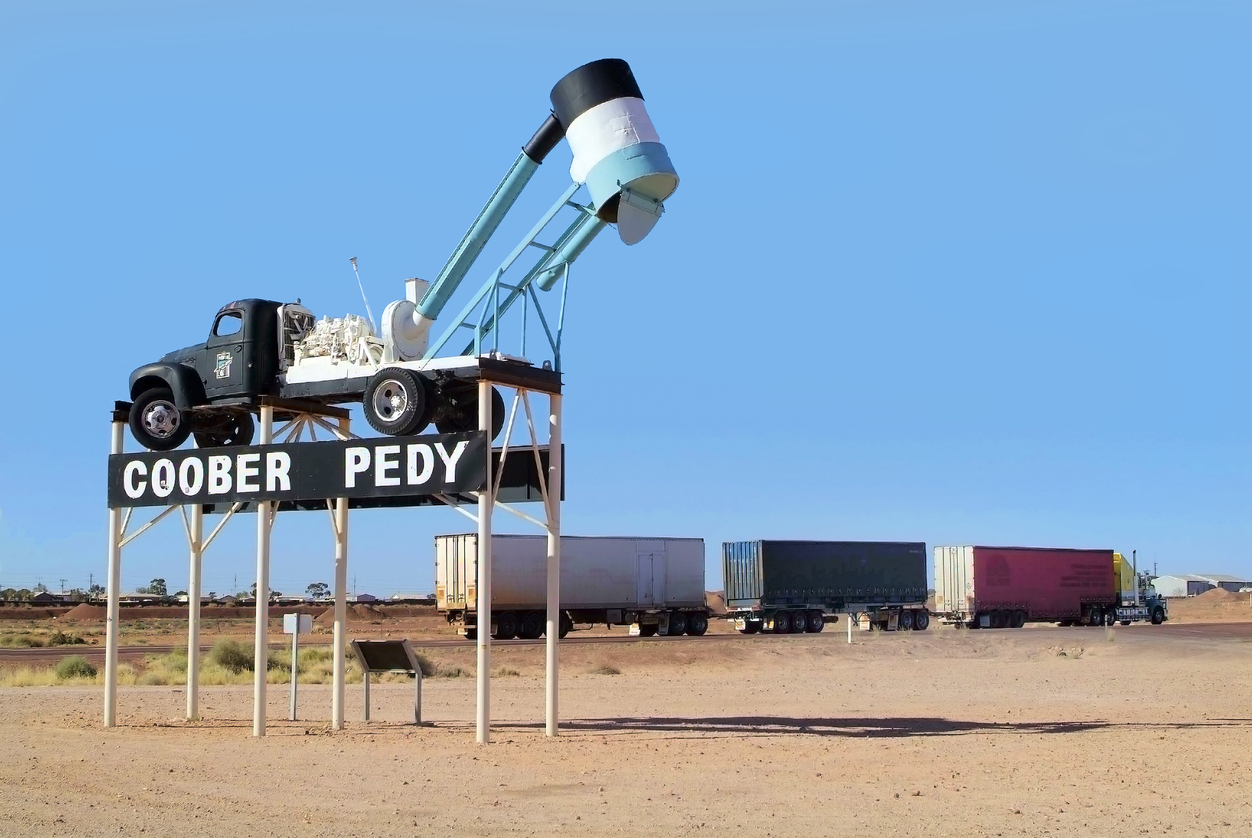Did you know that about two-thirds of the 537 local government areas in Australia contain fewer than 30,000 people? “That’s roughly 350 councils with relatively small constituencies,” says Steve Verity, IPWEA’s Principal Advisor on Asset Management.
Of those 350 smaller councils, about one-third serve populations of less than 5,000 people. “As you can appreciate, the organisations within that cohort have extremely constrained resources, both physically and financially,” says Verity.
At these councils, dedicated asset-management roles are rare. However, smaller councils – and their representatives at state level – are increasingly recognising the importance of asset management and are trying to implement it in a meaningful way.
South Australia is one of the country’s most progressive jurisdictions in this regard. In 2012, its Minister for State/Local Government Relations set up the Building Capacity in Small Regional Councils (BCSRC) program to help rural and remote councils improve their core financial and asset-management skills.
At its inception, the program received a lump sum from the state’s Office of Local Government, which was subsequently matched by the Local Government Association of South Australia (LGASA). Since then, the LGASA has administered the program, with the two bodies deciding jointly how to allocate the funds.
IPWEA Asset Management Foundations course
The latest initiative to be funded through the BCSRC program is the delivery of IPWEA’s Asset Management Foundations course to key staff at six of the smallest councils in SA. “IPWEA’s course strongly aligns with the intent of the program, and the Office of Local Government was supportive of some of the remaining funds being used to enable these councils to access it,” says Lisa Teburea, the LGASA’s Executive Director of Public Affairs.
As Verity explains, the Asset Management Foundations course is ideal for anyone who may be required to undertake asset management tasks in conjunction with a range of other council duties. “It offers a solid grounding in asset management and explains key concepts without assuming any prior knowledge,” he explains.
And, he says, the principles covered in the course are just as applicable to rural and remote councils as they are to large urban entities. “These councils are no different to big city councils in the sense that the biggest number on the balance sheet will always be that allocated to infrastructure. They may have more roads and fewer buildings than their city counterparts, but they still need to manage those assets effectively.”
The course is being delivered online and those being trained can complete much of the course in their own time. “For those individuals, it’s also a pathway to other IPWEA courses,” says Verity. “From here, they can choose to undertake the Professional Certificate in Asset Management Planning or the Professional Certificate in Infrastructure Financial Management leading to an internationally recognised designation.”

Asset management possibilities
Verity hopes other rural and remote councils around Australia will follow South Australia’s lead. “SA is being proactive and is sending a message to other states and territories that building capability in asset management is vital – and that it can be achieved simply and affordably,” he says. “It really confirms the LGASA’s position as a forward-thinking body.”
As Teburea explains, the LGASA has partnered with IPWEA on several occasions to build the capacity of South Australian councils.
“This has included supporting councils to adopt internationally recognised approaches for preparing asset-management policies, strategies and plans, and more recently IPWEA was funded through the Local Government Research and Development Scheme to develop a ‘Concise Asset Management Plan Template’, which is suitable for councils of all sizes, including small regional councils.”
Says Verity: “The South Australians have come to us because they value what we do. And it’s something we have done consistently for a long time.”
He adds: “This latest initiative is recognition of the long history IPWEA has with providing training, products and advocacy for the sector, particularly aligning the asset-management task with the financial planning and reporting obligations under the LG Act.”
It’s just one example of IPWEA collaborating with a major government-linked body. “At the moment, we are also working closely with Infrastructure Australia because they have identified capability and capacity building as an imperative across all infrastructure sectors in their upcoming infrastructure plan,” Verity says.
These various activities signpost the broader role IPWEA hopes to play in the future. “Now that we have launched our Educational Pathway, we are not only in the space of influencing the rules of asset management – the ‘what’ – but we’re also facilitating the ‘how’ through the training, products and publications on offer,” says Verity.














